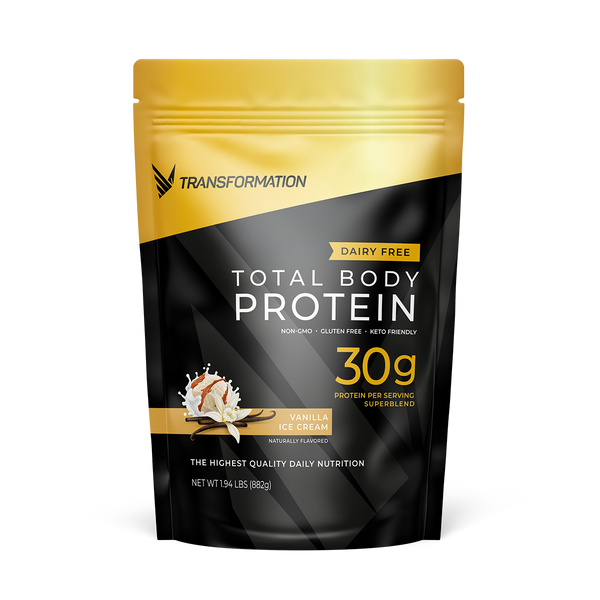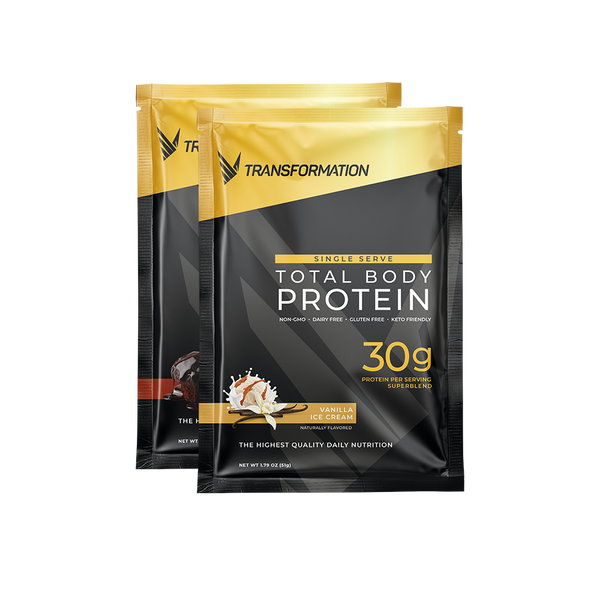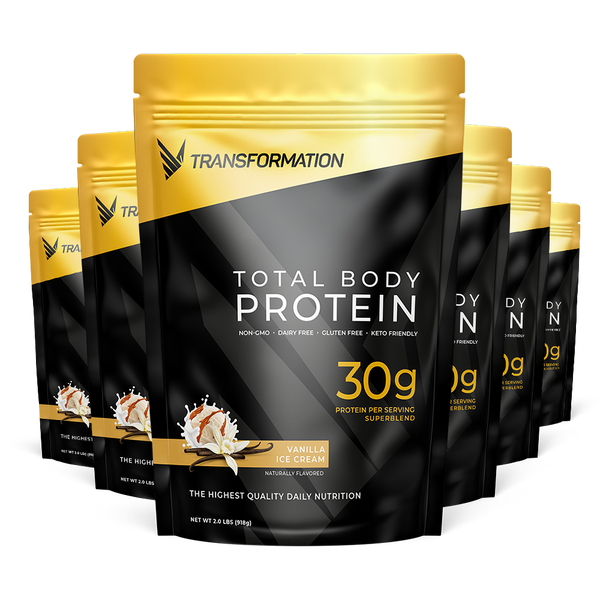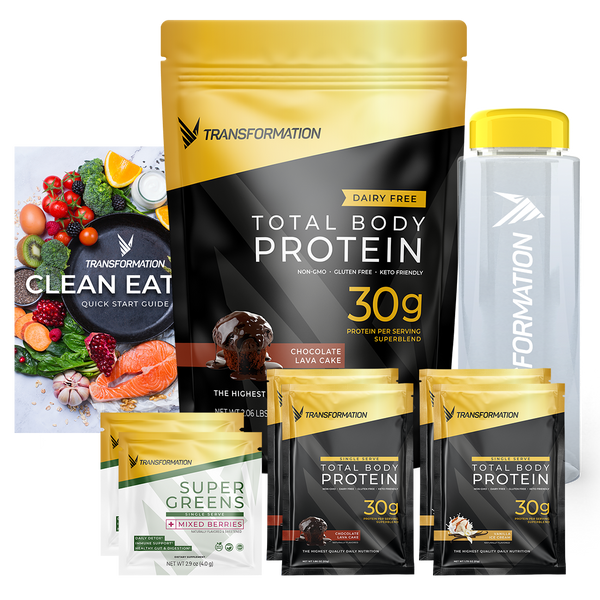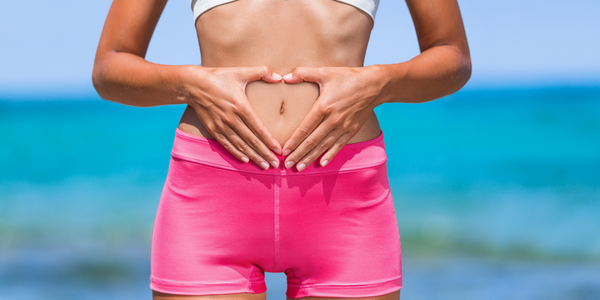
The Benefits of Prebiotics and Probiotics for Weight Loss
Much of what happens with your body starts in your gut, which is why prebiotics and probiotics have risen to the top of the list in the health and fitness world. So what are they, and how can they benefit you?
Prebiotics: A type of fiber that the human body cannot digest. They serve as food for probiotics, which are tiny living microorganisms, including bacteria and yeast. Both prebiotics and probiotics may support helpful bacteria and other organisms in the gut.
Probiotics: Microorganisms naturally present in the digestive tract that aid in digestion and reduce inflammation. Live bacteria that when consumed, may provide a health benefit. A common misconception is that all bacteria are harmful “germs,” but not all bacteria are bad. In actuality, bacteria can be broken down into two categories: good bacteria and bad bacteria. Good bacteria help your body digest food and produce nutrients, and we always want a healthy number of good bacteria in our bodies at all times.
A few general benefits of probiotics:
- They help maintain the delicate balance between the good and bad bacteria in your gut microbiome, which is made up of trillions of bacteria and is considered a key to overall health.
- The good bacteria form a mutually advantageous (or “symbiotic”) relationship with your body. For instance, some probiotics help break down the food we eat and provide digestive support.
THE HEALTH BENEFITS OF PREBIOTICS AND PROBIOTICS
While the benefits of probiotics were once thought to be restricted to gut and digestive health, new research on the gut-brain axis connects your microbiome to the health of the brain, immunity, bone density, blood sugar, and even your mood.
When the bacteria in the intestinal tract is off, it not only can affect your health, but it can also contribute to weight gain or make weight loss more difficult because your gut bacteria are connected with both your metabolism and digestive system.
This might be due to how gut bacteria interact with your cells and digestive process. One study found that simply overeating can tip the scale in favor of bad bacteria. This means these bacteria can harvest even more calories from the increased intake of food to be turned into energy and body fat.
Gut bacteria also play a role in appetite regulation. When the "good" bacteria outnumber the "bad," the levels of short-chain fatty acids increase in the gut, triggering the production of hormones that regulate appetite. So, if these hormones are out of balance, then your body might not get the signal that you are full. The result can be a vicious weight-gain cycle, and thus the importance of regulating your gut bacteria with probiotics for weight loss.
Inflammation can also be caused by an unhealthy diet, so there is evidence of obesity being linked to inflammation. For example, a diet containing too much fat, sugar or calories can lead to elevated inflammatory chemicals in the bloodstream and fat tissue, which may contribute to weight gain. By improving gut health, probiotics may reduce systemic inflammation, aiding in weight loss.
Many probiotic foods exist to help with weight loss and overall gut health, and prebiotics and probiotics also exist in supplements.
SOURCES OF PREBIOTICS AND PROBIOTICS
Food manufacturers term probiotics “live culture” or “active cultures.” Many fermented products contain probiotics, which means the bacteria in them are still living.
Often, the food production process destroys living bacteria. If a product is available on a shelf and is not refrigerated, it most likely does not contain live and active probiotics.
Examples of dairy products that contain probiotics include:
- aged cheeses, such as cheddar, gouda, or mozzarella
- kefir, a probiotic milk drink
- traditional buttermilk (must not be cultured)
- yogurt (with live cultures)
Ways to add probiotic foods to a healthful diet include
- probiotic yogurt with berries, flax seeds, and nuts
- stir-fry, using tempeh as a meat replacement -- note: add tempeh at the end of cooking as excessive heating can destroy the active cultures
- miso in soups
- probiotic-rich beverages, such as kefir or kombucha
- sauerkraut as a side dish to main meals
Alongside a healthy diet, prebiotics and probiotics are also found in supplements that you can throw in your post-workout shakes to help you achieve a healthy gut biome and enhance weight loss.
HOW TO INCLUDE PREBIOTICS AND PROBIOTICS IN YOUR NUTRITION PLAN
Sun Fiber, an example of an excellent prebiotic, is found in Transformation Protein powder, Super Greens, and Recovery products. Transformation Protein, Super Greens and Recovery all contain probiotics as well.
Recovery, by Transformation Protein, is a powerful inflammation relief supplement, using three top natural support ingredients: Curcumin from Turmeric, ginger root extract, and bromelain - a highly effective enzyme that works directly with the body to ease inflammation response. Calming inflammation in the body assists in weight loss.
Super Greens is formulated to give you a balance of the finest alkalizing greens, naturally. It will boost immunity, optimize the cleansing cycle, add natural energy to exercises and recovery. Super Greens helps you absorb protein better, and it also provides the nutrition equivalent of a full day’s servings of vegetables, with great taste.
Transformation Protein powder, the revolutionary bioactive protein formula, backed by the pros, is loaded with prebiotics, probiotics, key digestive enzymes and more for optimal gut health and weight loss. Plus, ingredients such as egg-white protein can support lean muscle growth, ease muscle recovery and promote fat metabolism.
While taking a prebiotic or probiotic supplement can offer a weight-maintenance advantage, that alone won't be enough to knock off the extra pounds. Eating less and moving more, combined with overall gut health, are still the pillars of weight loss success.



